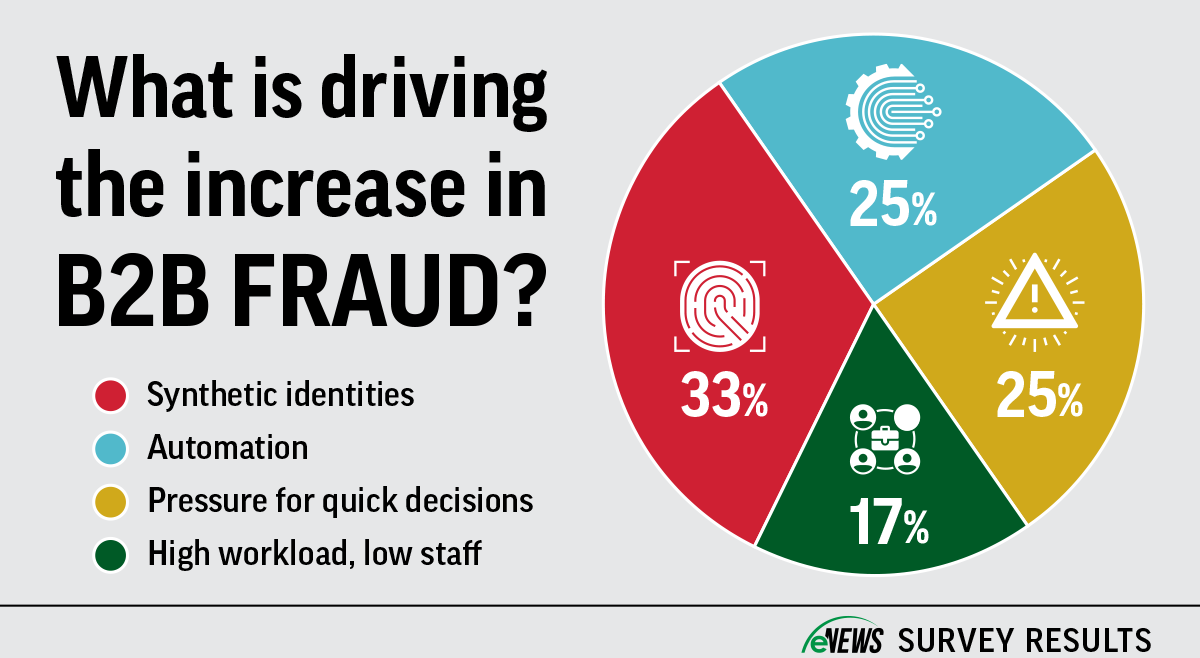eNews, Leadership
Why Public Speaking Skills Are Essential for Credit Managers

Public speaking—the ability to articulate ideas and topics to public audiences—is a skill that every professional should master. But the fear of public speaking is more common than you’d think. Even the most seasoned business professionals still get clammy hands or nervous sweats when presenting a speech. In fact, 75% of the population has a fear of public speaking; but, why?
Studies have shown the fear of public crowds comes from the human survival instinct of belonging to a group. For example, if you present something to your close friends, you are more likely to feel a sense of belonging with no detection of a threat versus presenting to a large crowd of strangers. Fear is etched into our genetic code as humans.
Public speaking is especially important for B2B credit managers to master because effective communication is essential when presenting financial information to executives and team members. Credit managers often need to articulate complex financial concepts or credit decisions, making public speaking crucial for conveying information clearly and persuasively. The ability to speak confidently enhances credibility, fostering trust and rapport with clients and colleagues. It also aids in negotiating terms, addressing concerns or advocating for credit decisions. “Your voice, tone and speaking skills are a direct representation of your company, level of professionalism and credibility as a credit manager,” said Brett Hanft, CBA, credit manager at American International Forest Products, LLC (Beaverton, OR).
By following the 5 P’s of public speaking, you can learn to manage those nerves and deliver the perfect speech to any audience.
Preparation
Most individuals experience some form of a speech every day. Whether it’s virtual meetings with your internal team where you must present your ideas, in-person meetings that require everyone to speak and participate or even hosting a webinar, these are all forms of public speaking. The first and most important step in speech success is how you prepare.
Doing an extensive amount of research on what you’ll be covering helps in the preparation phase. Become an expert on the topic you are talking about, said Amy Cook, CCE, credit manager at McNaughton-McKay Electric Company (Madison Heights, MI). “The worst speakers we hear are ones who are given a topic to talk about and it’s obvious they did not come prepared to answer questions or facilitate the crowd,” Cook said. “If you are confident in the topic you’re speaking about, your nervousness won’t show as much, and you’ll go into autopilot mode. Professionalism is also important in public speaking.”
Practice
Once you prepare your notes and study the topic you’ll be presenting, the next step is to practice. Find a trustworthy individual you can present to as your test run and ask for honest feedback. Practicing out loud can also help you find the flow and cadence of your words and increase your comfortability with the material.
“If you find that honest person you can practice with at the very beginning of your journey who will tell you if you need to speak slower, faster, not fidget or walk around too much, it’s very helpful,” Cook said. “Recording yourself is also important because our voice when recording versus the one in our head is completely different.”
Some professionals like to practice and record their speech at the actual place they will be presenting to get comfortable with the space, stage and equipment. It’s a lot easier to speak to virtual square boxes than life-size humans, said Heidi Lindgren-Boyce, CCE, NACM Board director and senior credit manager at Star Rentals, (Kent, WA). “Start small and work your way up,” Lingdren-Boyce added. “Allow yourself building blocks and practice as much as you need.”
Polish
After you get through the first few rough drafts, it’s time to polish it up. It is important to study yourself closely and avoid the same mistakes each time you practice. Lingdren-Boyce said she organizes her seminar speeches with an introduction, the middle (problem) and end with solutions (conclusion).
“In PowerPoint, I bullet point my notes and use them as reminders of the main points of what I want to talk about instead of reading the whole paragraph on the slide,” she said. “On both personal and professional levels, you must know what you want to say without saying everything. It makes the speech clear, to the point and organized without all the fluff.”
Pause
Taking your time is another essential in performing a great speech. Pauses between your thoughts will eliminate any unclear statements or using famous crutch words such as “umm” or “like.” Forcing yourself to stand up in front of a crowd and cover a topic can naturally make anyone stumble over their words or make mistakes, but pausing to collect your thoughts can make you choose better words to get your point across. “Pause and think about what you’re going to say next,” said Cook. “It gives you a sense of courage you don’t think you have, especially in front of upper management or larger crowds.”
Present
Understanding your audience is essential to how well your speech will be delivered and touch others. Consider who your audience is and tailor your speech to their level of understanding and interest.
Lingdren-Boyce said when the audience comes in, she likes to welcome people in the aisles. It has a calming effect, she explained. “If you’re on the stage where everyone is staring at you, it can be much more nerve-wrecking. Work the crowd,” she added. “One of my mentors told me when you present, you shouldn’t act as someone you’re not. Be yourself and know how you present in stressful or nerve-wrecking situations.”
It’s all about the ability to embrace flexibility and adapt. Practice as much as you can, but an audience’s live reaction will be different than how you imagined. The right preparation and confidence can take you a long way in mastering public speaking.
Hanft and Lindgren-Boyce will be presenting a live session on public speaking at NACM’s 128th Credit Congress in Las Vegas, NV. Tomorrow is the LAST day to register with early-bird pricing. More information is available on our website.





